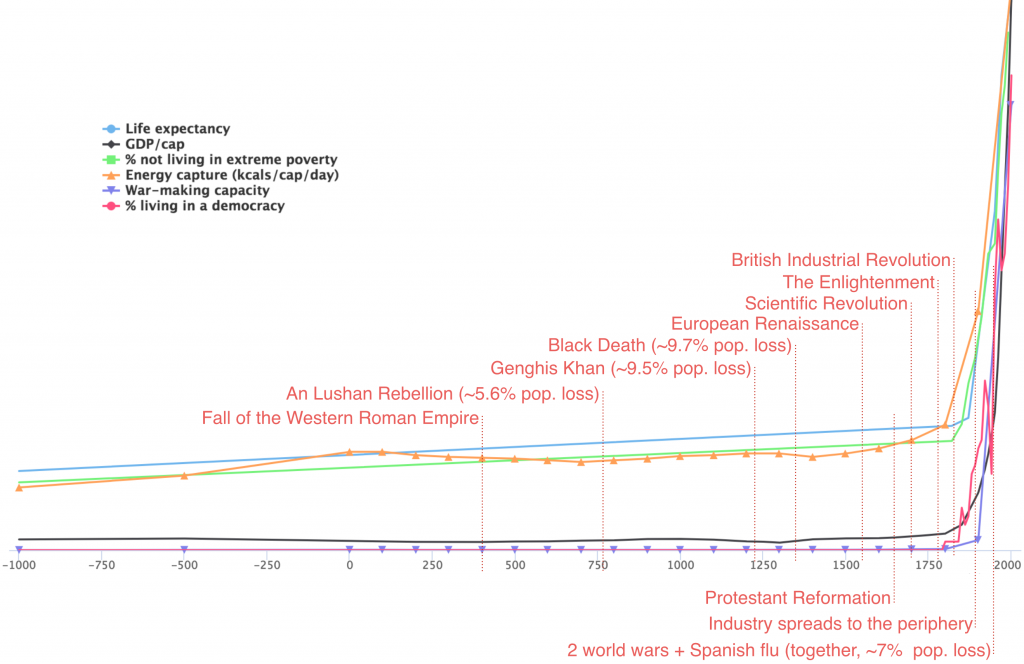Source: Today’s biggest threat to democracy isn’t fake news—it’s selective facts
Can you believe everything you read if you’re not reading everything?
Selective facts are “true” facts that only tells us part of the story, and they influence our views on every issue from gun control to Islamic terrorism to free trade. … Selective facts are worse than outright fake news because they’re pervasive and harder to question than clearly false statements.
news has to engage us for us to read it. Selective facts occur because news and social media companies focus predominantly on their readers’ interests. Media organizations maximize readership and increase profits by creating and sharing content that their readers want to read. … The publisher and social media algorithms learn what the audience wants to hear, gives it them, and the selective cycle continues.
this coverage imbalance leads to a deep empathy gap across countries and religions. It’s especially hard to have empathy in either population when the content you read consistently heralds your side as the victim and ignores extreme actions by your own members.
Just because you think you’re a well-reasoned person doesn’t mean you haven’t accidentally cocooned yourself in an algorithmic bubble. If your goal is to make good decisions for your family, your community, or your country, you must consciously work to get a representative set of facts.
